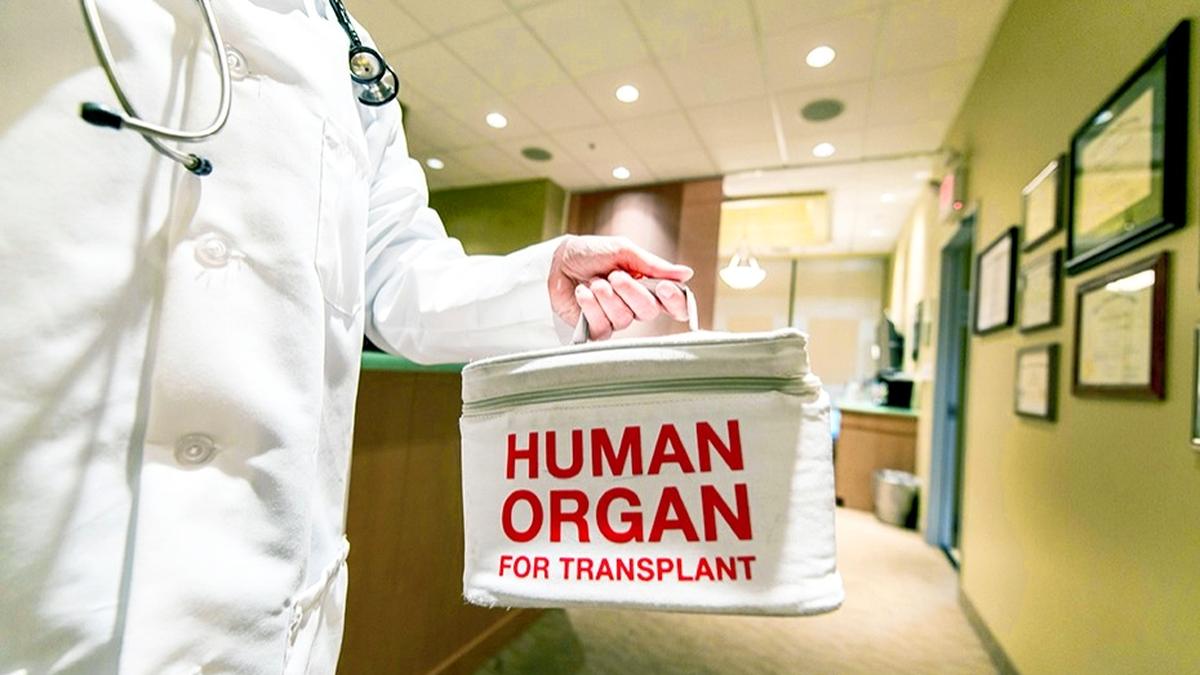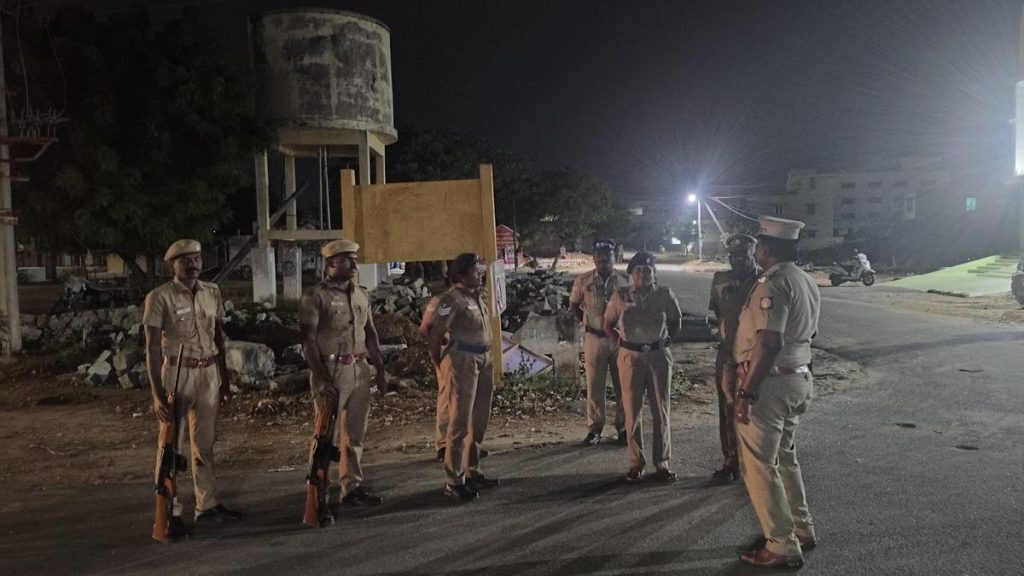Now Reading: Panel Recommends Revoking Kidney Transplant Licences of Two Hospitals
-
01
Panel Recommends Revoking Kidney Transplant Licences of Two Hospitals
Panel Recommends Revoking Kidney Transplant Licences of Two Hospitals

Swift Summary
- An inquiry commitee formed to investigate an illegal kidney sale racket involving Dhanalakshmi Srinivasan medical College and Hospital in Perambalur and Cethar Hospital in Tiruchi has recommended cancellation of their kidney transplant licenses.
- Action has been proposed against brokers Anandan and Stanley Mohan under teh Bharatiya Nyaya Sanhitha.
- The inquiry revealed that fraudulent documents were prepared with hospital consent for illegal transplants, facilitated by a transplant coordinator.
- The committee called for measures against staff and officials of district-level committees involved in submitting fake documents to the Directorate of Medical Education and Research (DME&R).
- Recommendations include:
– Reconstitution of organ transplantation authorization committees at district and state levels.
– Establishment of a Standard Operating Procedure (SOP) for live donor transplants with clear dialog of risks to donors.
– Retention of medico-legal documentation for at least 10 years, printed in Tamil and English.
– Enhanced scrutiny on villages or taluks submitting multiple applications, with necessary monitoring by Collectors.
– Advocacy programs by hospitals,doctors,and Collectors to raise awareness about ethical organ donation practices.
Indian Opinion analysis
The findings from this investigation reflect critical gaps in regulatory oversight within the healthcare system regarding living donor organ transplants. While collective action targeting unethical practices such as document falsification is a crucial first step, reconstitution alone may not suffice without systemic reforms like stricter verification processes during approval stages.
The proposal for clearer protocols-such as SOPs-and better communication on risks provides scope to safeguard both donors’ rights and public trust in medical institutions. Increased openness through long-term medical record retention could serve as a deterrent against malpractice while also ensuring accountability over time.
Raising awareness among local administrative bodies like district collectors alongside comprehensive stakeholder education aims to address deeper structural issues related to repeated exploitation patterns across specific geographies or populations.
If implemented effectively, these reforms could help restore public confidence regarding ethical practices within India’s healthcare ecosystem-a pressing concern given rising demands for sensitive procedures like organ transplantation.
Read more: [Link unavailable]

























